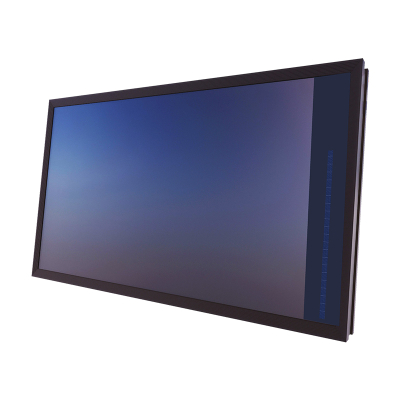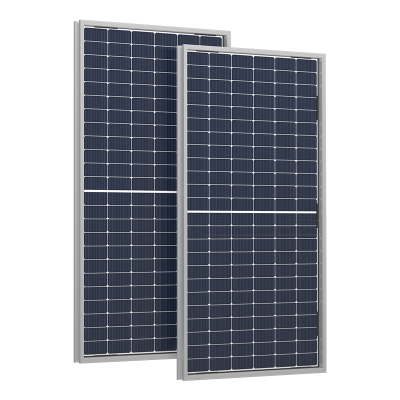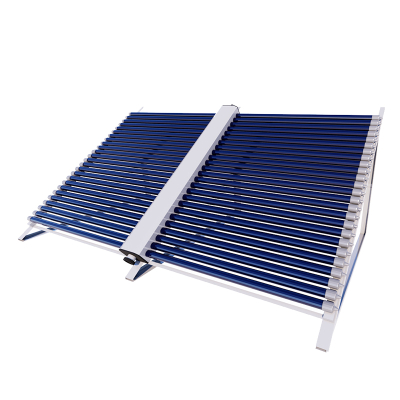What Is Solar Powered Water Heating?
What Is Solar Powered Water Heating?
Are you exploring better ways to heat water at home? With rising energy costs and growing concern for the environment, solar water heating is becoming a smart solution for homeowners. Here’s everything you need to know before making the switch.
Solar powered water heating is a system that uses the sun’s thermal energy to heat water for domestic or commercial use. It typically includes solar collectors, a storage tank, and a backup heater. By harnessing free solar energy, it reduces utility bills and carbon emissions significantly over time.
Let’s explore how it works, what it costs, and whether it’s the right choice for your home—or even larger buildings like schools and hotels.
How does solar water heating work?
Solar water heating systems collect sunlight through rooftop panels called solar collectors. These collectors absorb the sun’s heat and transfer it to water, either directly or through a heat-transfer fluid. The heated water is then stored in an insulated tank until it’s needed for showers, laundry, or dishwashing.
There are two main system types:
Direct systems, where water flows directly through the solar collector.
Indirect systems, which use a fluid loop and a heat exchanger to warm the water in the tank.
Even on cloudy days, these systems can provide warm water with the help of a backup electric or gas heater.
What are the main components of a solar water heating system?
A typical solar water heating setup includes:
Solar collectors – flat-plate or evacuated tube panels that absorb sunlight.
Storage tank – insulated tank to store hot water.
Heat exchanger or circulation system – transfers heat efficiently.
Controller and sensors – regulate system function.
Backup heater – ensures hot water is available even on cloudy days.
Some systems also include a solar water tank with built-in coils for heating efficiency.
What types of solar water heaters are available?
There are two major categories:
Active systems – use pumps and controllers to circulate water or fluid. These are efficient and suitable for colder climates.
Passive systems – rely on natural convection to move water. They are simpler, more affordable, and lower maintenance.
Within these, you’ll also find:
Open-loop (direct) systems
Closed-loop (indirect) systems
Choosing the right type depends on your climate, roof orientation, and household needs.
What kind of home is suitable for solar water heating?
Most homes can support solar water heating, but the ideal setup includes:
A roof with good sun exposure (north-facing in southern hemisphere, south-facing in northern).
Space for 1–2 solar collectors and a storage tank.
A family of 3 or more that uses a consistent amount of hot water daily.
A willingness to invest in long-term savings.
Even homes in colder climates can use solar water heaters if they choose insulated, indirect systems with antifreeze.
What are the disadvantages of solar water heating?
Despite its benefits, solar water heating isn’t perfect:
High upfront cost (compared to electric heaters).
Dependent on sunlight – may require backup heating in winter.
Roof space required – not suitable for shaded roofs or apartment dwellers.
Maintenance – periodic checks on the collector, fluid, and tank.
Still, for many homeowners, these trade-offs are minor compared to the long-term savings.
Is solar water heating worth it?
Absolutely—especially if you plan to stay in your home for at least 5 years. Here's why:
You can save 50–80% on your annual water heating bills.
The sun is free, so your cost per unit of hot water drops over time.
It reduces your carbon footprint significantly.
Government rebates and tax credits in many regions reduce installation costs.
Systems typically last 15–20 years with minimal maintenance.
It’s a clean, quiet, and sustainable way to heat water efficiently.
How long does water stay hot in a solar water heater?
Thanks to well-insulated tanks, hot water can stay warm for 24 to 48 hours, even without fresh sunlight. This allows for nighttime use and cloudy-day reserves. Some systems use dual-tank configurations or smart thermostats to ensure consistent water temperature.
The better your tank insulation, the longer your water stays hot.
Why is solar water heating important for schools, hotels, and public buildings?
Larger buildings like schools, hotels, hospitals, and gyms use enormous volumes of hot water every day—for showers, kitchens, laundry, and sanitation.
Installing solar water heating systems in these facilities offers:
Massive cost savings on energy bills.
Reduced load on national grids.
Enhanced eco-friendly branding and compliance with green building standards.
Access to institutional rebates or grants in many countries.
In fact, solar hot water systems in commercial buildings often pay for themselves within 3–5 years due to the sheer scale of savings.
Summary
Solar water heating is more than just a green choice—it’s a practical, cost-effective upgrade for homes and institutions alike. If you're ready to cut bills and carbon, now's the time to go solar.
Need Help Choosing a Solar Water Heating System?
Still not sure whether solar water heating is the right fit for your home or business? Our team is here to help you make the smartest, most cost-effective decision possible.
📩 Contact us today to get a free quote or personalized advice.




